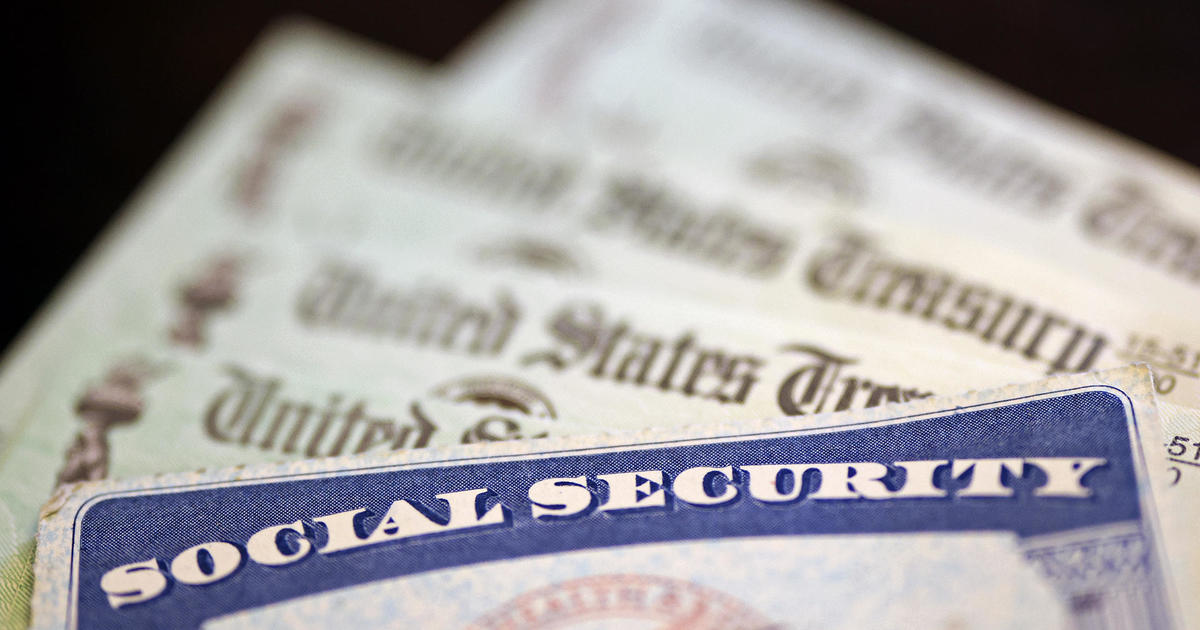Don't wait to work out a retirement budget
If you're a few years away from retirement, now is the perfect time to think about how you'll handle your money once you stop working.
One of the biggest concerns for retirees is outliving their savings. A recent Wells Fargo survey of American adults found a third of respondents were concerned they wouldn't have enough savings to survive on in retirement. Here are some tips for figuring out how to wisely spend your hard-earned retirement savings.
Make a plan
Creating a budget for retirement and understanding how much income you'll receive from investments and Social Security can help ease these concerns. Prioritize your essential expenses, including any shifts to your preretirement bills (like changes in health insurance when you leave your job).
Many people plan to live on a portion of their preretirement income when they retire -- perhaps 75 percent -- which could mean making lifestyle adjustments. That's one reason most financial experts recommend practicing living on your planned retirement income for a few years before you retire. You can increase financial stability by meeting certain goals, like paying off your mortgage and other debt obligations before you stop working.
"One of the things that can be very helpful is to get used to that smaller budget. Borrow smart -- make sure you paid off your credit cards. Make sure you pay off those regular expenses each month," TIAA Chief Financial Planning Strategist Daniel Keady told CBS MoneyWatch in an interview.
"Do a trial run. If you've figured out that your spending is going to be an allotted amount, you'll kind of see what's working for you and write it down," Keady said.
Spend wisely
Retirement spending often looks like a barbell -- it's big at the start of retirement and again at the end of a person's life.
Nearly half of households see their spending increase in the first two years of retirement, according to a recent EBRI survey. Many people may travel or pursue leisure activities at the start of retirement, when they have the means and time to cross off bucket list items.
Later in life, health care costs tends to drive up spending. A recent Fidelity Investments survey estimates a couple retiring this year would need $275,000 saved for health care expenses in retirement.
"In the middle you see [spending] even out, people get into a routine and they've done all the things that were on the list in the early years. Then you see it balloon back up toward the end of life," financial adviser Jennifer Harper told CBS MoneyWatch in an interview.
To plan accordingly, Harper encourages retirees to be attentive to fluctuations that may affect their income from year to year. "Let's say you had a good year with the market, maybe you [spend the money] to take that trip," Harper said.



